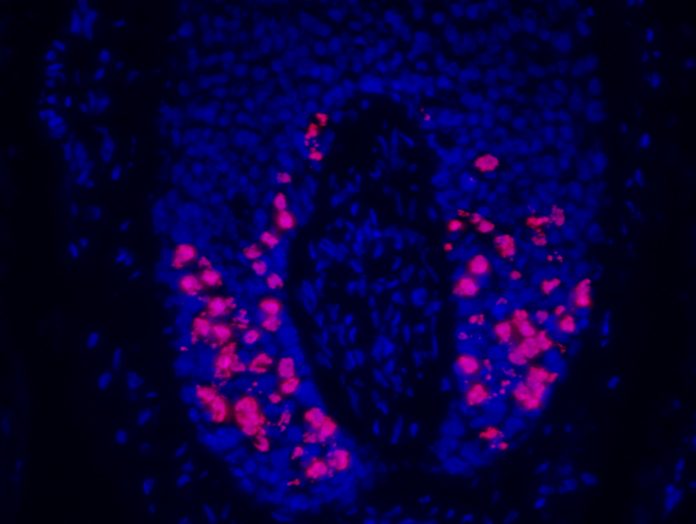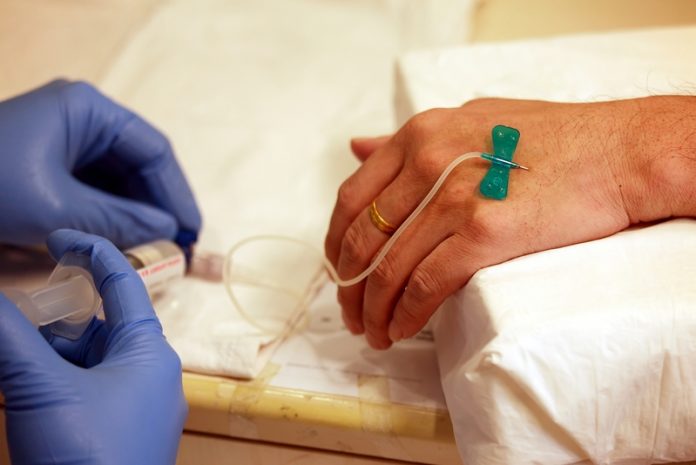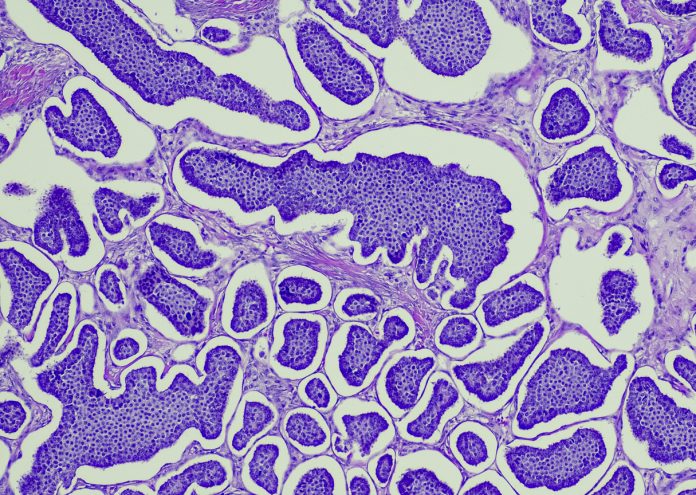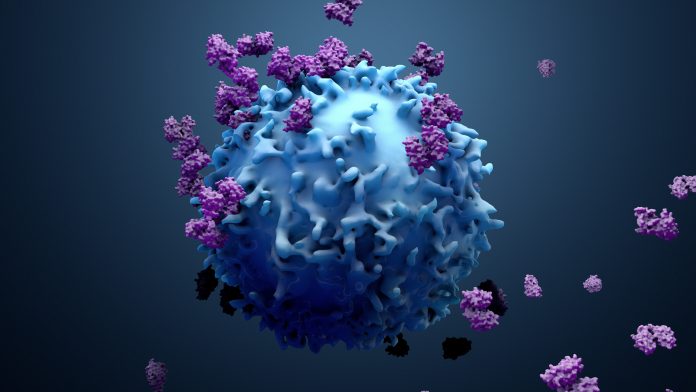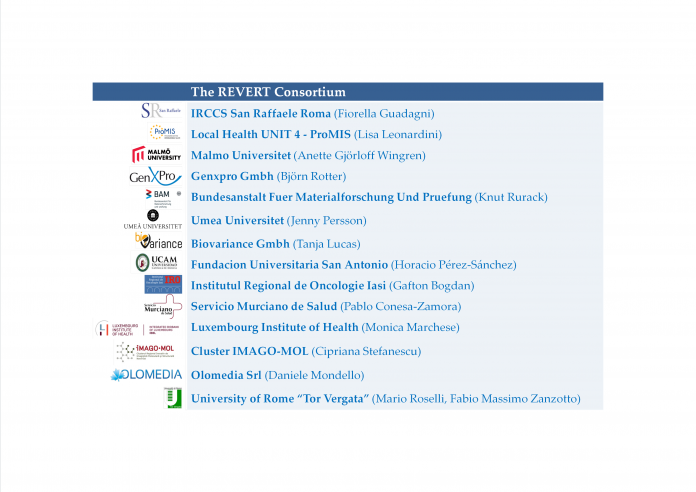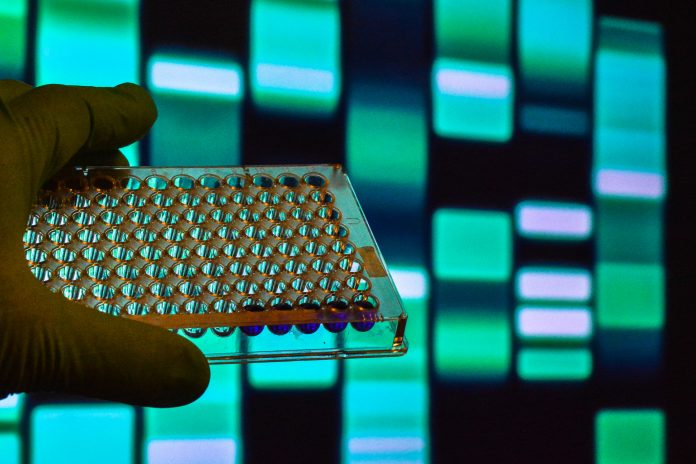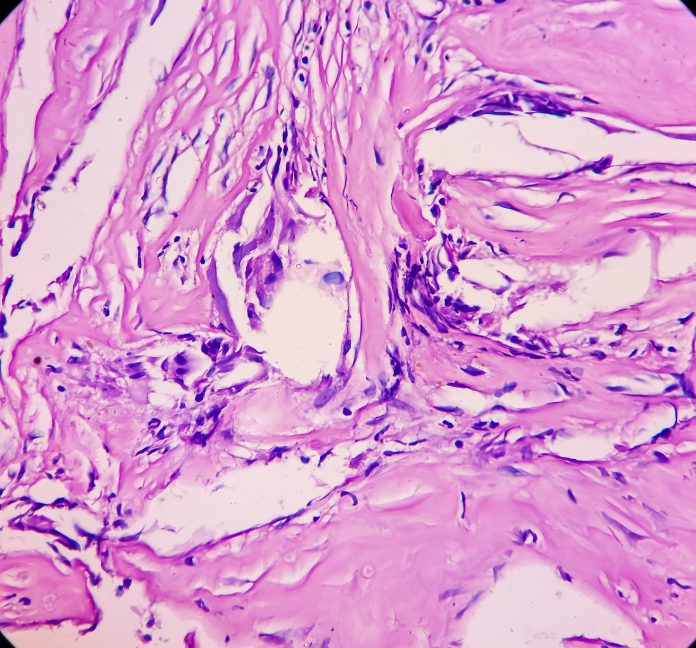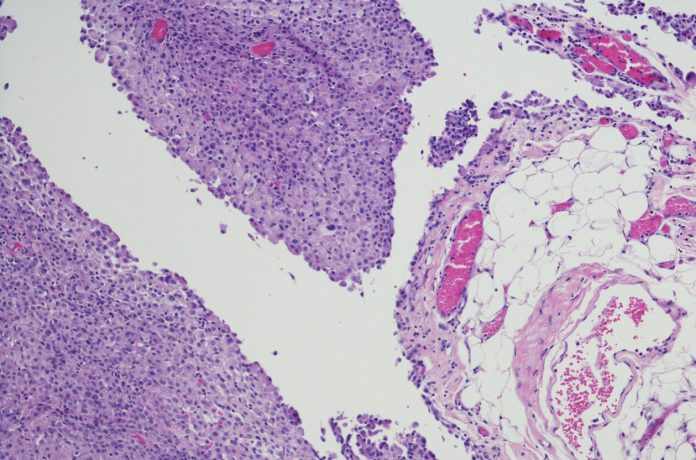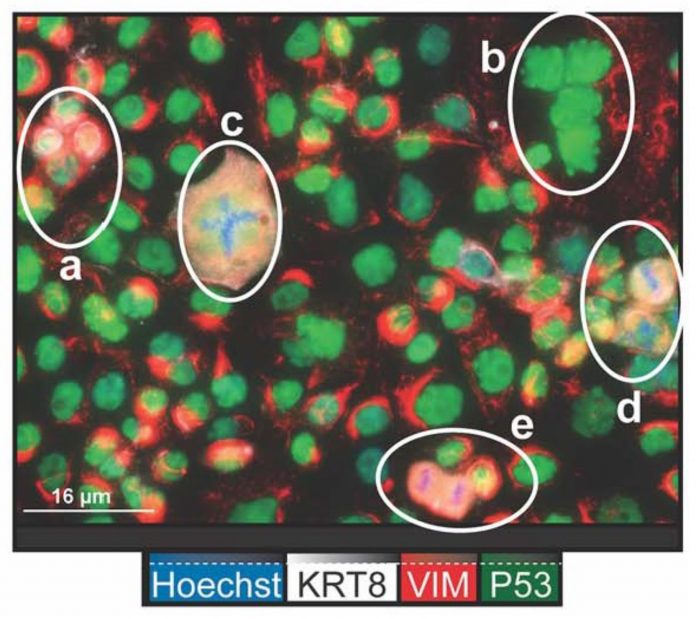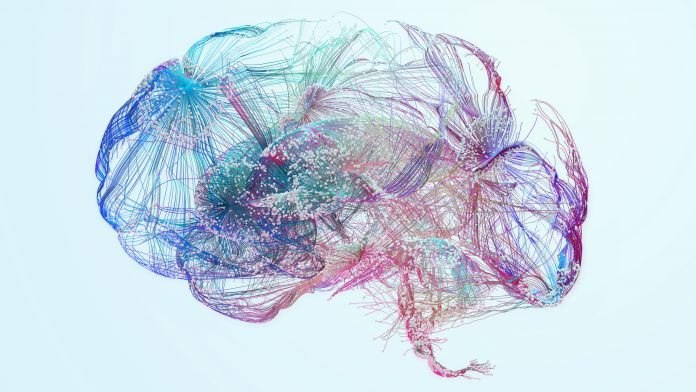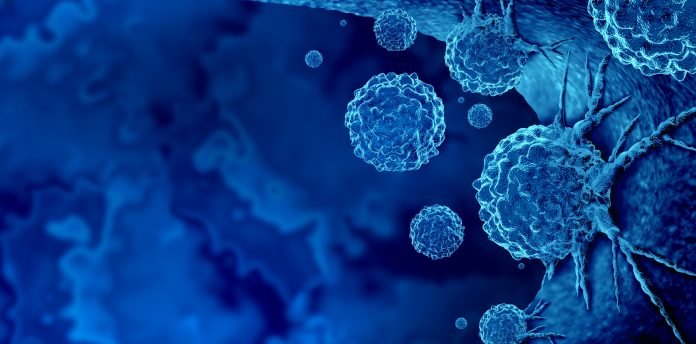Home Search
chemotherapy - search results
If you're not happy with the results, please do another search
Drone chemotherapy becomes an NHS net zero cancer strategy
NHS cancer patients will be the first to experience drone chemotherapy, which furthers the NHS net zero strategy, as it cuts down travel time and distance.
Ordinary drug could prevent heart damage from breast cancer chemotherapy
Damaged heart muscle is a tragic possibility for patients of breast cancer chemotherapy - but thanks to Dr Husam Abdel-Qadir, there may now be a way to stop it.
US healthcare: Black people less likely to receive lung cancer chemotherapy
Boston Medical Center researchers found that Black individuals, above all other racial groups, are less likely to receive lung cancer chemotherapy.
Scientists discover way to protect hair from chemotherapy
Scientists have determined a new way to protect the hair follicle from chemotherapy in an effort to prevent hair loss as a result of cancer treatments.
Publishing national chemotherapy data
Publishing national chemotherapy data has helped NHS hospitals make changes that should improve treatment, as Emma Saxon reveals in this article
Are nanotextures enough to kill cancer cells?
Nanotextures on nanoparticles and implants to kill cancer cells in a more targeted manner may just be the key to tackling resistance to traditional cancer drugs.
Development of novel therapies for pediatric cancer: Successes and challenges
Peter J. Houghton from Greehey Children’s Cancer Research Institute and Mary-Ann Bjornsti from the University of Alabama discuss some of the key challenges in the development of therapies for pediatric cancer care.
AI unlocks cancer treatment secrets
Using artificial intelligence, scientists have tackled one of the toughest challenges in cancer research.
The European Revert Project: Assisting clinicians in patient treatment
Starting in January 2020, the European REVERT project is now in its final phase. The project blends predictive medicine and AI to enable clinicians to quickly and adequately treat patients.
Secarna aims to expand the therapeutic toolbox against cancer
Current oncology treatments have significantly improved cancer survival rates, but more effective and safer therapeutics are needed.
Enhancing cancer care through genomic testing
Simon Holt, Honorary Professor at Swansea University, reflects on the key challenges within cancer care and the benefits of genomic testing in improving patient outcomes.
What could existing NHS tech do for patient experience and NHS pressures?
NHS trusts are exploring new opportunities to use infrastructure that they already own. The aim? To better engage with patients, alleviate their anxieties, and inform patients what is happening regarding their care, whilst at the same time reducing pressures on busy wards. Matt O’Donovan, Chief Executive at SPARK TSL, explains.
Current and future therapy for BRAF-mutant pediatric glioma
Professor Peter J. Houghton from the Greehey Children’s Cancer Research Institute discusses new approaches to pediatric cancer treatment specifically for BRAF-mutant pediatric glioma.
Mesothelioma: The unravelling of a perplexing puzzle
Dr Avinash Hari Narayanan (MBChB), Clinical Lead at London Medical Laboratory, explores the key challenges in mesothelioma prevention, diagnosis and treatment.
Understanding glioma-related epilepsy: Ongoing research and treatments
UK-based charity, Epilepsy Action, outlines how glioma-related epilepsy can heavily impact a person’s quality of life, drawing on the need for further research and treatment options.
RESCUER: Supporting new concepts for breast cancer subtypes treatment
RESCUER is an EU Horizon 2020 project, coordinated by the University of Oslo, Norway, that aims to predict treatment response and test new combinational therapies for complex breast cancer subtypes.
Controlling ovarian cancer: An introduction to detection and treatment
With current strategies proving inadequate, what needs to be done is to further the research into detecting, treating, and controlling ovarian cancer.
Innovative gene therapy approaches for brain tumour-related epilepsy
Professor Mark Cunningham and Dr Kate Connor from Trinity College Dublin discuss the burden of brain tumour-related epilepsy and why novel therapies are urgently needed to improve the quality of life for those affected.
Ultravision joins the fight against peritoneal cancer
Considering the high, unmet medical need associated with peritoneal metastases, Dr Dominic Griffiths, CEO of Alesi Surgical Ltd, outlines how the company’s innovative Ultravision technology could dramatically improve clinical outcomes for patients with the disease.
Remote monitoring technology for the NHS in the UK
Bryn Sage, CEO of Inhealthcare, provides a detailed and optimistic view of remote monitoring technology for the future of our health service.






